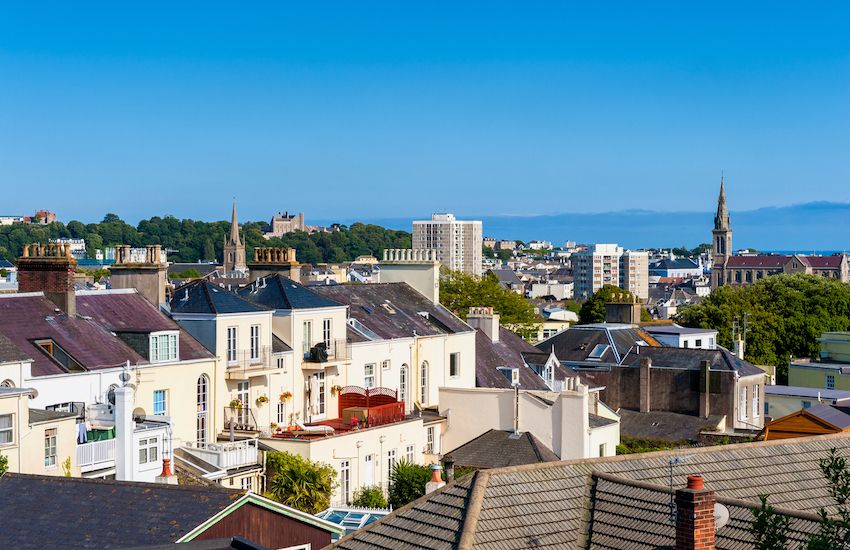


Lockdown may have seen the lowest turnover of properties in the past seven years, but house prices are still going up.
The finding came in Statistics Jersey’s latest House Price Index, which was released yesterday and showed that total market activity was down by 54%.
While in the second quarter of 2019 there had been 460 property transactions, just 202 were recorded in the same part of this year.
While some had feared that the virus crisis might lead prices to start plummeting, property prices continued to rise locally.
The ‘average’ property price stood at £532,000 – a 4% rise on the previous year when it was £512,000.
In fact, prices rose across the board.
We have just published the House Price Index - Second Quarter 2020 Report. You can read the full report here: https://t.co/q3dtOnLpve. pic.twitter.com/nmpCOh3ujw
— Statistics Jersey (@JsyStats) August 20, 2020
The only property types that didn’t see a price rise were one-bedroom flats, which dropped in value by 1% compared to the previous quarter, and three-bedroom houses, whose prices fell by 2%.
According to Broadlands Director Harry Trower, the report’s findings were “not unexpected” due to lockdown.
He explained that the slight dip in the prices of one-bed flats was likely because more converted properties, such as lodging houses, had “come online” recently.
Despite all the previous “doom and gloom”, he described business as “really busy”, noting that there has been a “boom” in interest since lockdown eased and that his team has been “run ragged”.

Pictured: Harry Trower, Broadlands Director.
“Within our first two weeks, we had 22 new properties under offer,” he explained.
While demand hasn’t waned, whether for sub-£500,000 properties or those over £1million, Mr Trower said he noticed that some individuals’ priorities had changed during the time spent indoors due to lockdown.
“People have started thinking about what they want in their houses – more living space, a garden or a study. Even if they’re looking at a two-bed, people want an outdoor space."
He noted that this demand means that those who bought properties fitting these requirements within the past five years are seeing a healthy bounce in the value of their homes.
Mr Trower had originally predicted the market may be “due a soft crash” in advance of the covid crisis hitting, but now he says he’s not so sure.
He forecasts that any change in the market will come from the corporate sector and any post-covid redundancies that may follow.
He says that, while it initially was a “big strain”, the industry has adapted well to the challenges of covid – even though it can mean up to an hour of extra time for agents conducting viewings to ensure the property has been properly cleaned and that there are appropriate stocks of hand gel and masks available.
He also welcomed the return of open viewings, but noted that the level of activity has meant that they haven’t been strictly “necessary” to market some of the properties on his books.
For now, he says he doesn’t see the demand for properties letting up, and looks forward to seeing the next quarter’s statistics, which he thinks will be more revealing about the state of the market.
Comments
Comments on this story express the views of the commentator only, not Bailiwick Publishing. We are unable to guarantee the accuracy of any of those comments.